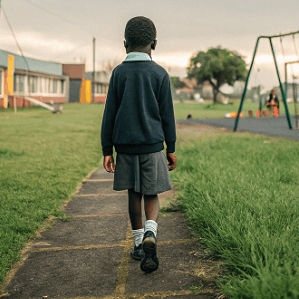A new study from rural Alabama reveals how the weight of racial discrimination and early-life adversity may be contributing to high blood pressure among Black adults. Researchers found that both perceived racial discrimination and childhood adversity were significantly associated with self-reported hypertension in predominantly Black communities.
The study, conducted in five rural Alabama towns, surveyed 184 adults using paper-and-pencil questionnaires. Ninety-two percent of participants identified as Black. Researchers measured perceived racial discrimination using a subscale of the African American Historical Trauma Questionnaire and assessed childhood adversity with the ACE Study Questionnaire.
Older age and higher scores of perceived racial discrimination were both linked to increased odds of high blood pressure. Specifically, each increase in perceived discrimination was associated with a 15% rise in the likelihood of reporting hypertension.
“Disproportionate exposure to psychosocial stressors, such as racial discrimination, and other forms of adversity across the life course contributes to higher rates of hypertension among Black Americans,” the authors wrote. They emphasized that rural populations are often underrepresented in health research, despite facing unique barriers to care.
The findings underscore the need for trauma-informed, culturally tailored interventions to address health disparities in rural Black communities. The authors call for multilevel strategies that go beyond individual behavior change and address the structural roots of chronic disease.
See: “Perceived Racial Discrimination, Childhood Adversity, and Self-Reported High Blood Pressure among adults in Rural Alabama” (June 27, 2025)



